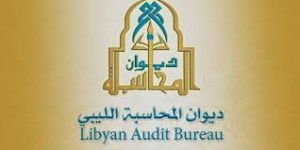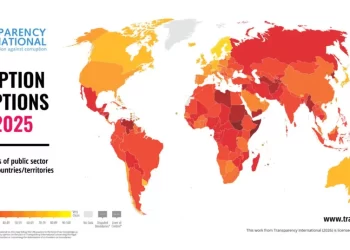By Sami Zaptia.

London, 31 July 2016:
The Tripoli-based Audit Bureau, Libya’s state oversight and monitoring body, has condemned the Central Bank of Libya (CBL) and the Serraj-led Presidency Council/Government of National Accord (PC/GNA) for wasting public funds allocated to alleviate the crisis in the month of Ramadan.
In a report addressed to the PC/GNA and CBL, dated 21 July but only released last Thursday, the Audit Bureau said that it had approved 585 Cash-Against-Document import payment requests in April, May and June worth US$ 1.17 billion for 272 companies up to 29 June 2016.
The measure was specifically introduced to avoid any further bottlenecks and overheating in the traditionally high-demand fasting month of Ramadan.
However, the Audit Bureau said that the measures failed to meet their specific aims of decreasing prices and decreasing the bank cash crises. It said that the businesses had failed to deposit their takings into their bank accounts in order to increase cash liquidity at banks, as a result of the Cash-Against-Document import facilities made especially availability.
The Bureau said that there was indeed no notable benefit for the Libyan citizen as a result of the increased foreign currency import facilities made available for business at the official exchange rate -of about LD 1.40/dollar as opposed to the black market rate of around LD 5/dollar.
The state oversight and monitoring body was critical of the PC/GNA in its executive role saying that the measures had failed due to wrong steps taken in their introduction and due to ‘‘giving in to pressure from personal-interest parties’’ and the ‘‘absence of government in the form of Ministries of Economy and Finance from playing their role’’.
It also criticized the CBL for acting unilaterally, in the vacuum left by the two ministries, which together had led to the waste of this money to the ‘‘benefit of opportunists’’ in the absence of the state in controlling its borders.
The Audit Bureau called for an urgent meeting to discuss these infringements and in order to find solutions to these problems.
It will be recalled that the CBL had reported in June that it had made available 1.62 bn of hard currency available for LCs and Cash-Against-Document import payments since April 2016 in an effort to alleviate Libya’s price rises, bank cash shortage and reduce the foreign currency black market exchange rate.






